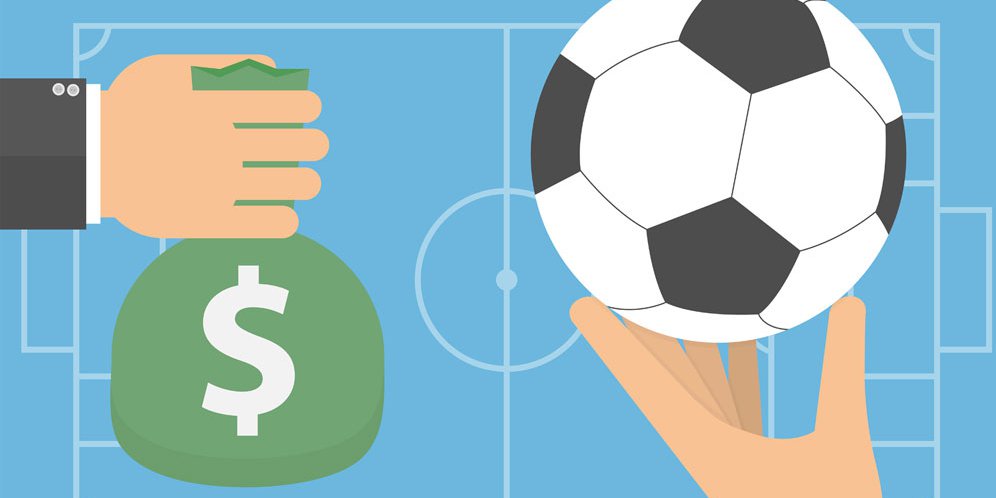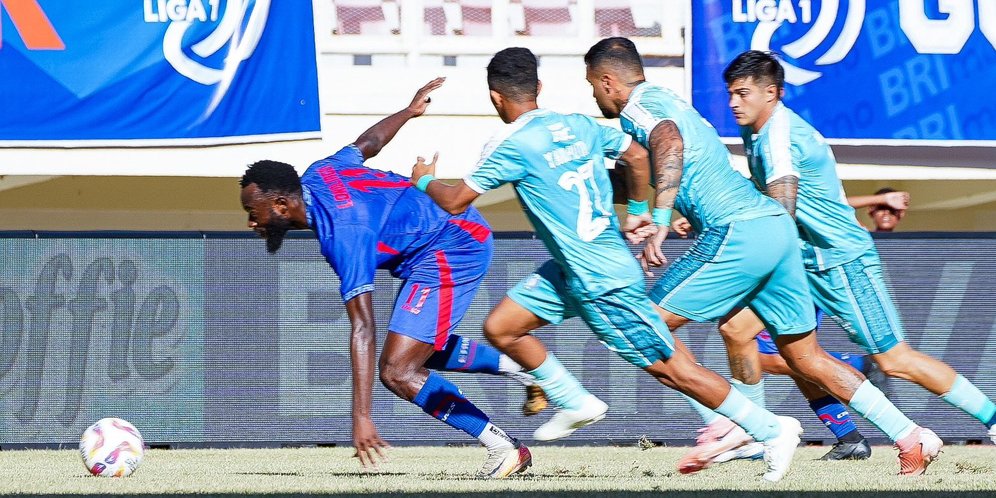PSTI (Persatuan Sepakbola Seluruh Indonesia) has been a topic of discussion among football enthusiasts in Indonesia. Many people have expressed their concerns about the slow progress in eradicating the mafia influence within the Indonesian football industry.
The term “mafia bola” refers to the network of individuals who manipulate football matches for their own personal gain. This includes activities such as match-fixing, bribery, and illegal gambling. It is a serious issue that has plagued Indonesian football for years, tarnishing the reputation of the sport in the country.
Curiously, there are many individuals within the PSSI who have been associated with the old regime. These individuals have been in positions of power for a long time, and some believe that their presence has hindered the progress in the fight against the mafia influence.
One of the main criticisms against PSSI is the lack of transparency and accountability. It is believed that there are still individuals within the organization who have ties to the mafia and are protecting their interests. This has caused frustration among fans and stakeholders who are eager to see a clean and fair football environment in Indonesia.
Another issue is the slow pace of investigations and legal actions against those involved in match-fixing and other illegal activities. Many cases have been reported, but the process of bringing the culprits to justice has been sluggish. This has led to a lack of trust in the system and a feeling of impunity among those involved in the mafia network.
The current leadership of the PSSI has promised to take strong action against the mafia influence in Indonesian football. However, their actions and progress thus far have not been satisfactory to many. There is a growing sentiment that the old guard within the organization is resistant to change and is hindering the efforts to clean up the sport.
It is essential for the PSSI to take decisive actions to address these concerns. This includes conducting thorough investigations into allegations of mafia involvement, implementing stricter regulations and punishments for those involved, and ensuring transparency and accountability in all aspects of the organization.
Additionally, the PSSI should actively involve the government, law enforcement agencies, and other relevant stakeholders in the fight against the mafia influence. Collaboration and cooperation are crucial in eradicating this issue and restoring the integrity of Indonesian football.
The fans and stakeholders of Indonesian football deserve a clean and fair sport. It is time for the PSSI to step up and deliver on their promises of eradicating the mafia influence. Only with a concerted effort and a strong commitment to change can Indonesian football regain its reputation and thrive in the international arena.






